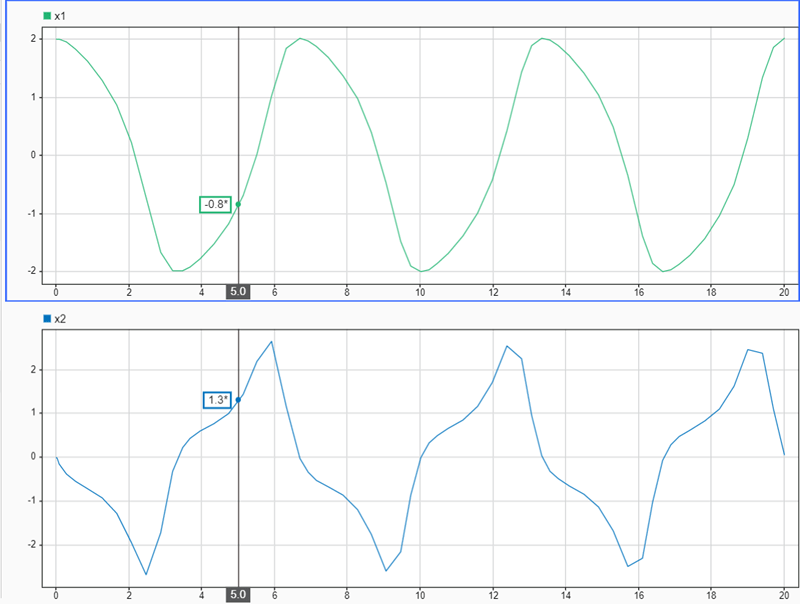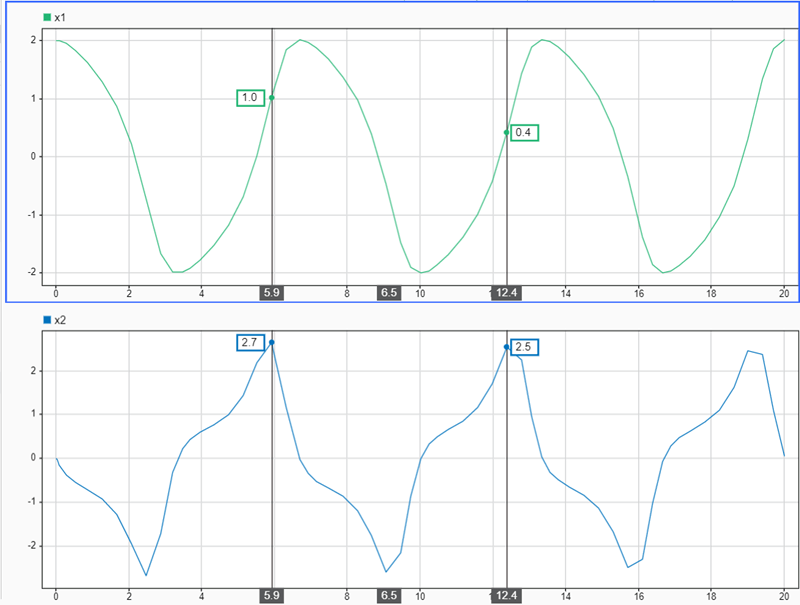Simulink.sdi.getCursorPositions
Syntax
Description
t1 = Simulink.sdi.getCursorPositions
Examples
Input Arguments
Output Arguments
Version History
Introduced in R2021a

